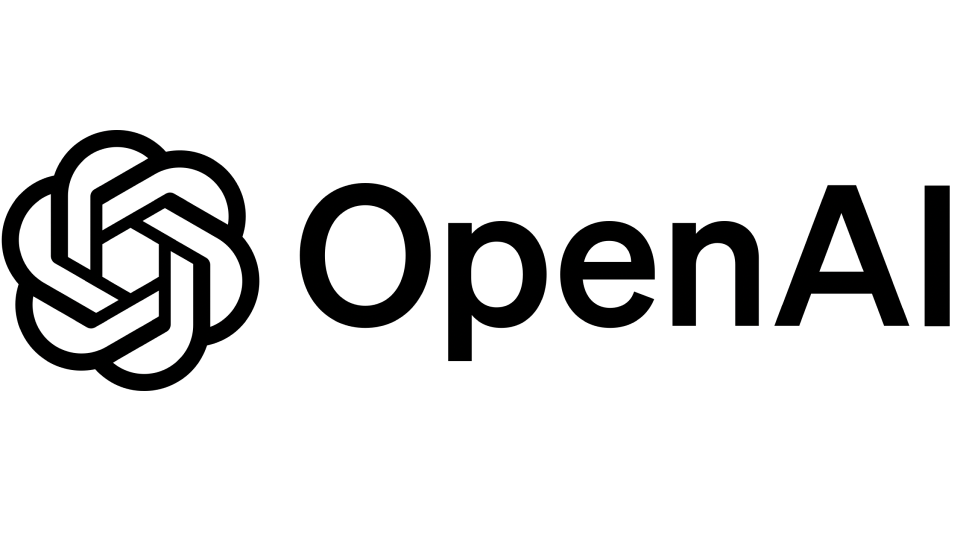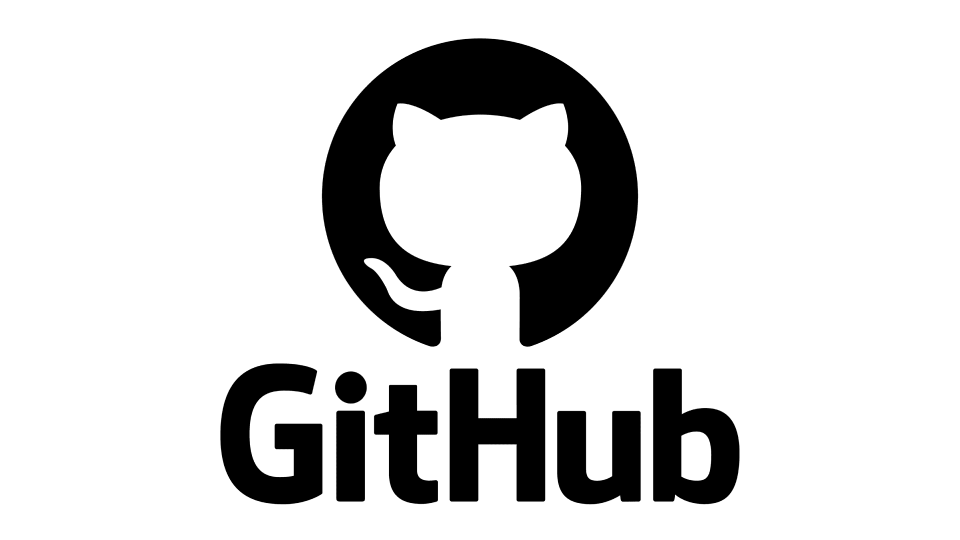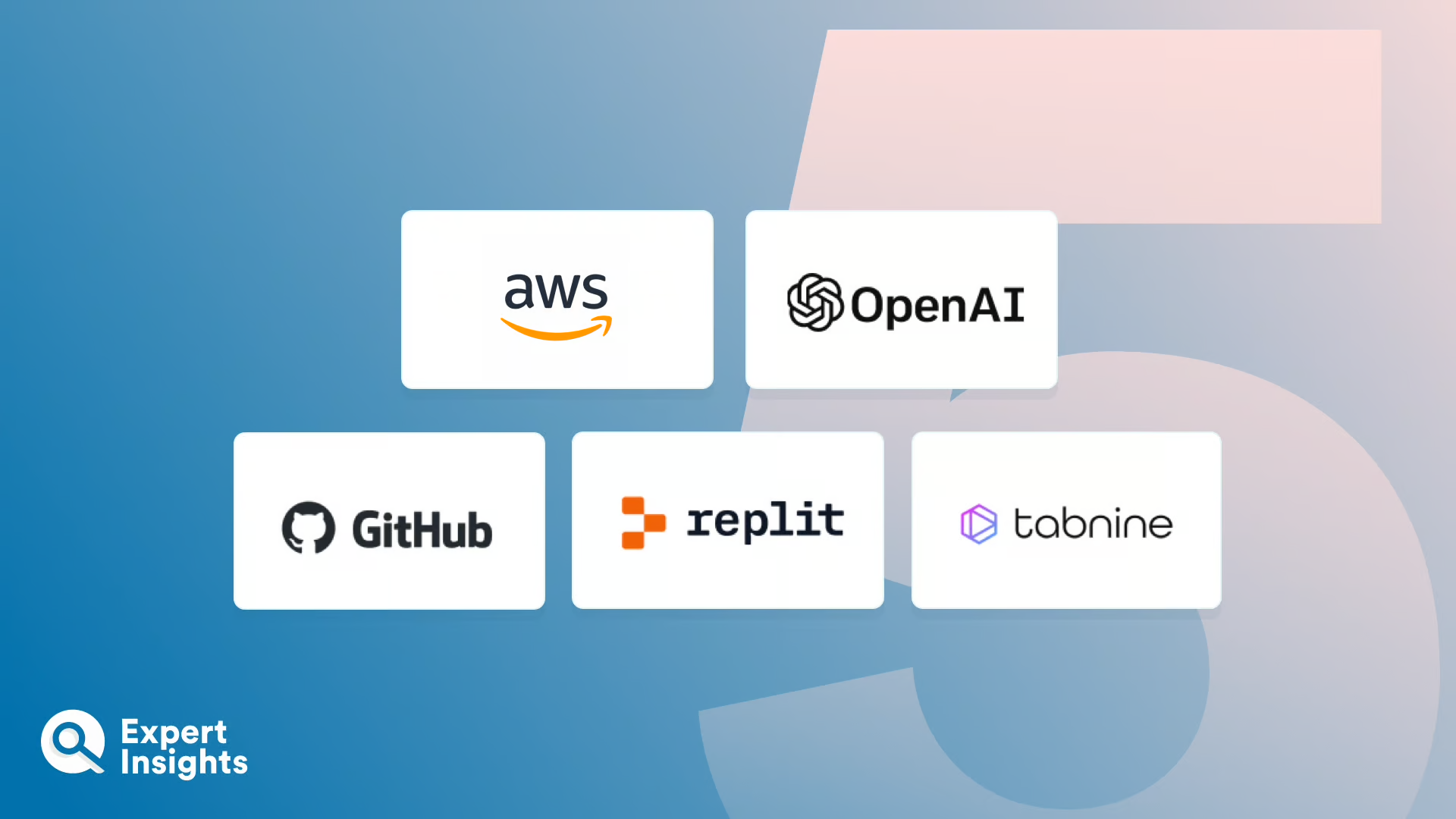AI code generation and documentation solutions can help programmers to automatically generate code and documentation, improving the efficiency of the coding process. They use generative AI technologies to instantly produce high-quality code for developer teams.
Breakthroughs in Large Language Model (LLM) technologies are enabling us to interface with powerful AI generative chatbots, which can turn our natural language requests into anything from academic essays to movie scripts. This has powerful benefits to many industries, but particularly programming.
Programmers can ask AI technologies to create customized code using plain text requests, which can then be edited and refined by humans. The code generated by AI technologies is becoming increasingly accurate and can help speed up the coding process and improve the quality of documentation. However, it is important to note that this is an emerging category of product, and the technology is still very much being developed and iterated.
In this article, we’ll cover the top AI code generation and documentation solutions for programmers. We’ll cover how the service works and its key features and unique selling points to help you find the right AI code and documentation solution.











